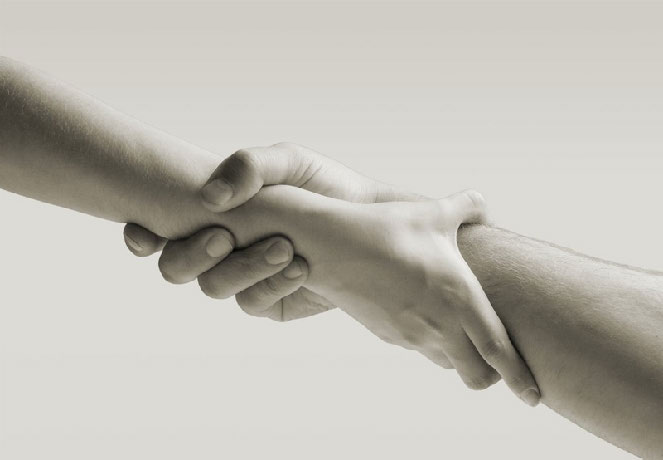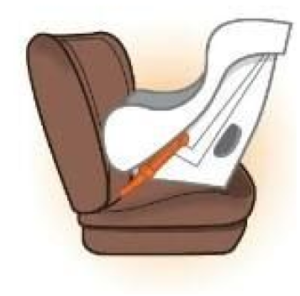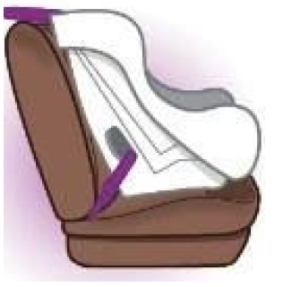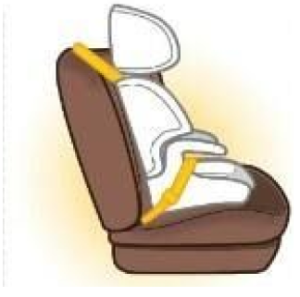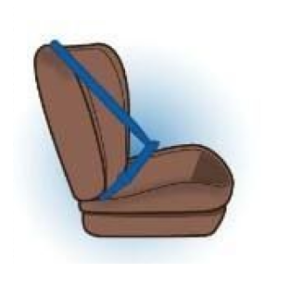The early years of a child’s life are important because their brains are growing. The experiences that a child has affects how their brain grows. One of the most important things adults do to support healthy brain development is called Serve and Return. Children serve when they do something, say something, or look at something. Adults return the serve when they respond. It’s these everyday moments that promote healthy brain development in young children.
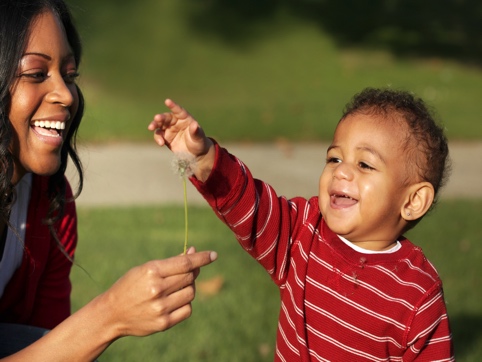
Sharing a Child's Focus
This happens when you notice a child’s serve, and get interested in what they are doing, seeing, or feeling.
Noticing serves helps you identify a child’s interests and needs, and gives you an opportunity to respond.

Supporting and Encouraging
You give support when you comfort a child, provide them with something they want or need, or help them do or understand something.
You encourage a child when you praise them, play with them, or acknowledge them.
Returning serves with support and encouragement strengthens your relationship with a child.

Naming
Naming happens when you provide a word or label for what a child is doing, seeing, or feeling.
Returning serves with naming helps build language. Naming feelings helps children learn about their emotions and how to cope with them.
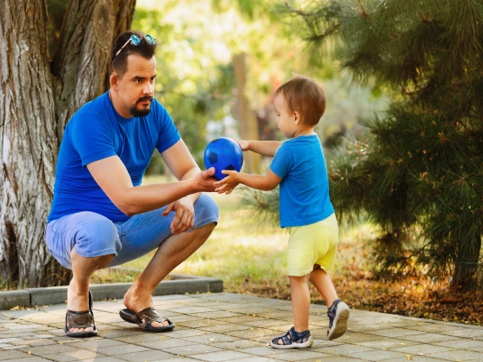
Back and Forth
Once you return a serve with support, encouragement, or naming, interactions often go Back and Forth. Waiting for a child to respond gives them time to come up with their own ideas and responses.
These longer interactions build thinking, language, and social skills.

Endings and Beginnings
This happens when a child shows you they are all done with one activity, they serve by showing interest in something new, and you join them in the new activity.
Child led Endings and Beginnings encourages a child to explore their environment, and can help transitions go more smoothly.
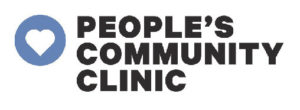
Filming Interactions to Nurture Development (FIND) is a strengths-based, video coaching program for parents and other caregivers of young children.
To participate in FIND offered at PCC, contact: Celina Nance 512-684-1749


